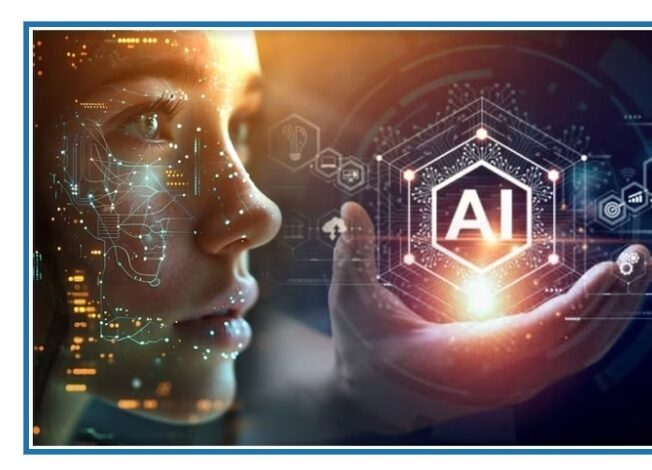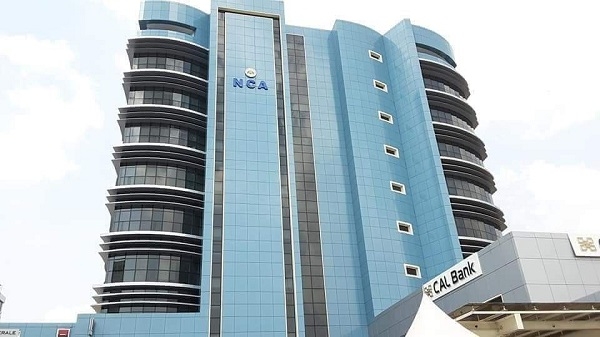5 Ways AI Will Transform Ghana’s Future

Artificial Intelligence (AI) is no longer a futuristic concept—it’s already shaping economies, industries, and lives around the world. For a developing country like Ghana, AI holds tremendous promise. With a growing tech-savvy youth population, improving digital infrastructure, and increasing interest from global investors, Ghana is in a strong position to benefit from AI’s potential. Here are five key ways AI could transform Ghana in the coming years:
1. Revolutionizing Agriculture
Agriculture remains the backbone of Ghana’s economy, employing a significant portion of the population. AI can improve farming efficiency, reduce losses, and boost productivity through:
-
Precision farming: Using AI-driven drones and satellite imagery to monitor crops, detect pests early, and optimize irrigation.
-
Market forecasting: AI can help farmers predict prices, weather conditions, and demand trends, reducing risks and increasing profits.
-
Smart advisory systems: Mobile apps powered by AI can provide real-time advice on best farming practices in local languages.
Impact: Increased food security, higher yields, and more resilient rural economies.
2. Enhancing Healthcare Delivery
AI can address gaps in Ghana’s healthcare system, especially in rural areas with limited access to doctors. Applications include:
-
AI-powered diagnostics: Tools that help detect diseases like malaria, tuberculosis, or breast cancer using image recognition or patient data.
-
Virtual health assistants: Chatbots or mobile apps can answer health queries, remind patients to take medications, or guide them to the nearest clinic.
-
Predictive healthcare: AI can analyze trends to predict disease outbreaks and help the government prepare early responses.
Impact: Better health outcomes, reduced patient load on hospitals, and more equitable healthcare access.
3. Improving Education and Learning
Ghana’s education system can benefit significantly from AI tools that personalize learning and support teachers. Possibilities include:
-
Adaptive learning platforms: AI can customize learning materials to suit each student’s pace and level.
-
Language translation: AI tools can translate educational content into Ghanaian languages, making learning more inclusive.
-
Teacher support: AI can automate grading, generate lesson plans, and offer analytics to help educators improve teaching quality.
Impact: Higher student engagement, improved literacy rates, and more skilled graduates.
4. Boosting Governance and Public Services
AI can make public institutions more efficient and responsive. In Ghana, it can help improve governance in areas such as:
-
Data-driven decision-making: AI can analyze large datasets to help the government allocate resources better, monitor projects, and combat corruption.
-
Smart city initiatives: AI can improve traffic management, waste collection, and public safety in cities like Accra and Kumasi.
-
E-government services: Chatbots and automation can streamline services like passport renewal, tax filing, or land registration.
Impact: Transparent governance, reduced bureaucracy, and better service delivery to citizens.
5. Creating New Jobs and Digital Industries
Contrary to fears of job losses, AI can create new employment opportunities if Ghana invests in training and innovation. AI can support:
-
Tech entrepreneurship: Startups can build AI-based solutions for local problems, attracting global interest and funding.
-
Skill development: AI can power online training platforms that help youth learn digital skills, from coding to data analysis.
-
Financial inclusion: AI-driven fintech solutions can offer microloans, mobile banking, and financial advice to the unbanked population.
Impact: A more dynamic economy, a stronger middle class, and reduced youth unemployment.
AI has the power to elevate Ghana’s development across multiple sectors—from farms and hospitals to classrooms and city streets. However, for this transformation to happen, Ghana must invest in digital infrastructure, education, and ethical AI policies. If guided well, AI will not only bridge gaps in development but also unlock a future where Ghana becomes a leader in Africa’s digital economy.
Source: Thepressradio.com| Solomon Ogyem





